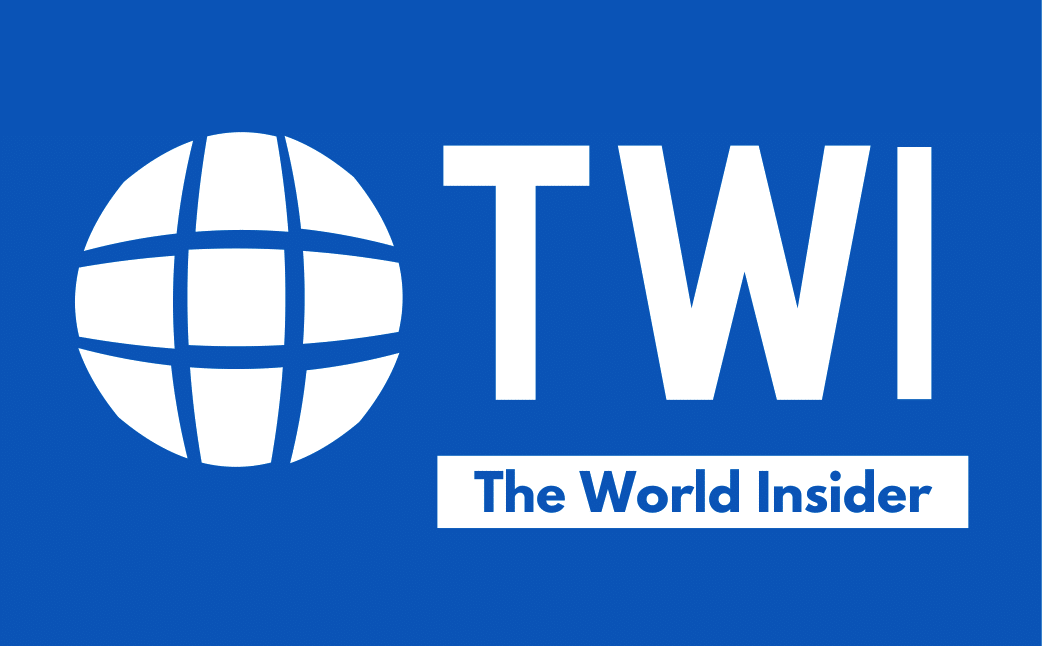U.S. and South Korea to assess OPCON transfer to Seoul next fall
South Korean and U.S. defense chiefs agreed to update war plans against North Korea’s growing missile and nuclear threats and to conduct a long-postponed assessment to transfer wartime operational control to South Korea.
The announcement comes after South Korea’s Defense Minister Suh Wook and U.S. Defense Secretary Lloyd Austin hosted the 53rd Security Consultative Meeting the same morning in Seoul.
North Korea concerns
They discussed a variety of issues including “unity in the face of the threat from North Korea”, progress in bilateral ties, “readiness and training exercises, and the ways that this alliance contributes to stability throughout the Indo-Pacific,” Austin said.
They also reiterated shared assessment that North Korea is “continuing to advance its missile and weapons programs, which is increasingly destabilizing for regional security.” Austin said the allies remain committed to a diplomatic approach to North Korea. “We continue to call upon [North Korea] to engage in dialogue, but we also discuss measures to enhance our combined deterrence posture and to defend against the full range of threats,” he said.
China’s drive for hypersonic weapons
U.S. defense chief vowed to confront China’s potential military threats in Asia. When asked if China’s hypersonic missile program complicates the situation in Korea, Ausin said: “We have concerns about the military capabilities that the [Peoples Republic of China] continues to pursue and the pursuit of those capabilities increases tensions in the region. We know that China conducted a test of a hypersonic weapon on the 27th of July. It just underscores why we consider the PRC to be our pacing challenge and we will continue to maintain the capabilities to defend and deter against a range of potential threats from the PRC to ourselves and to our allies.”
OPCON
The two defense officials discussed the “fight-tonight” readiness of the combined force and looked at ways to enhance that readiness. They agreed to conduct a full operational capability assessment of our future combined forces command during next fall’s combined command post training. “This represents an important task toward meeting the conditions necessary for [operational control] transition.”
Operational control (or OPCON) transition would shift wartime command of South Korean forces from the United States to South Korea. Currently, the United States would command allied troops in the event of war, but Republic of Korea (ROK) has been pushing to gain operational control. The transition of OPCON is considered significant for future development of the alliance of the Republic of Korea and the United States.
The two allies have set conditions that needed to be fulfilled for the transition. Suh said that “tremendous progress has been made to satisfy the conditions for OPCON transition and discuss the ways ahead.”
ROK-U.S.-Japan trilateral security cooperation
Looking beyond the peninsula, both nations committed to the rules-based order in the Indo-Pacific while stressing upon the importance of deepening trilateral security cooperation among the U.S., the Republic of Korea and Japan to respond to North Korea’s nuclear and missile threats and explore cooperation on New Southern Policy and the U.S.-Indo-Pacific strategy.
U.S. troops in South Korea
Austin and Suh also discussed the size of the U.S. military presence in South Korea, the return of Yongsan Garrison to Korea in 2022 and the transfer of Combined Forces Command headquarters from Yongsan to Camp Humphreys next year.
There are about 28,500 American troops stationed in South Korea – the United States’ third-largest military presence outside its country after Japan and Germany. U.S. Forces Korea (USFK) operates about 90 combat planes, 40 attack helicopters, 50 tanks and some 60 Patriot missile launchers.





